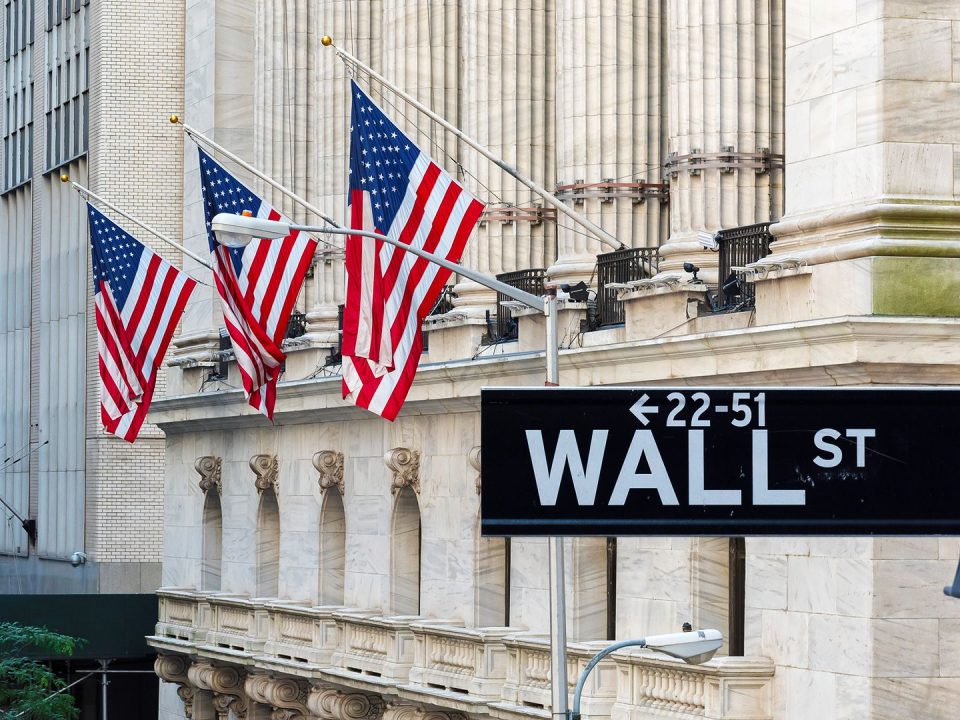The six largest US banks, including JPMorgan Chase, Morgan Stanley, and Goldman Sachs, are expected to report a decline in quarterly earnings, according to Refinitiv I/B/E/S estimates. This follows the regional banking crisis and a slowing economy that is impacting the banks’ revenue.
JP Morgan Chase is predicted to outperform its competitors due to its higher net interest margin. However, Goldman Sachs is expected to experience a drop of 20% in earnings per share due to investment banking problems, which saw a 69% decline in Q4 profits.
The banks may have gained from cheap deposits as savers moved from smaller lenders after the collapse of Silicon Valley Bank last month, but they are likely to be faced with lacklustre loan growth and worsening credit quality, which will compel them to add provisions to protect against potential losses.
According to Reuters, the six largest US banks are projected to see a 30% increase in net interest income as interest rates rise, as they will earn more from borrowers’ interest payments than they pay out to depositors. However, this gain may be offset by bad loans.
Ana Arsov, head of Moody’s Investors Service’s North American banking team, anticipates a slowdown in lending, especially in commercial and industrial, auto, and mortgage sectors.
The upcoming bank results will be closely analyzed by investors to assess their ability to fund their operations and whether they have sufficient reserves to handle unforeseen circumstances. The latest consumer and producer price reports will also be analyzed to determine if inflation is subsiding, which will impact the Federal Reserve’s strategy for increasing interest rates. The results will also give a snapshot of lenders’ ability to attract or lose deposits during the March banking crisis and the impact it had on lending and the overall US economy.
The banks are expected to reveal a challenging earnings season due to the recent stresses that have impacted the banking industry. Tighter financial conditions and a slowing economy have compelled banks to become more defensive, implementing liquidity measures that could lead to downward revisions for net interest income.
The S&P 500 bank index is down 14.14% year-to-date, and investment banking powerhouses such as Goldman Sachs Group and Morgan Stanley are likely to be affected by sluggish deals and capital markets activity. Some analysts are also predicting a slowdown in trading revenue.
 Live
Live

